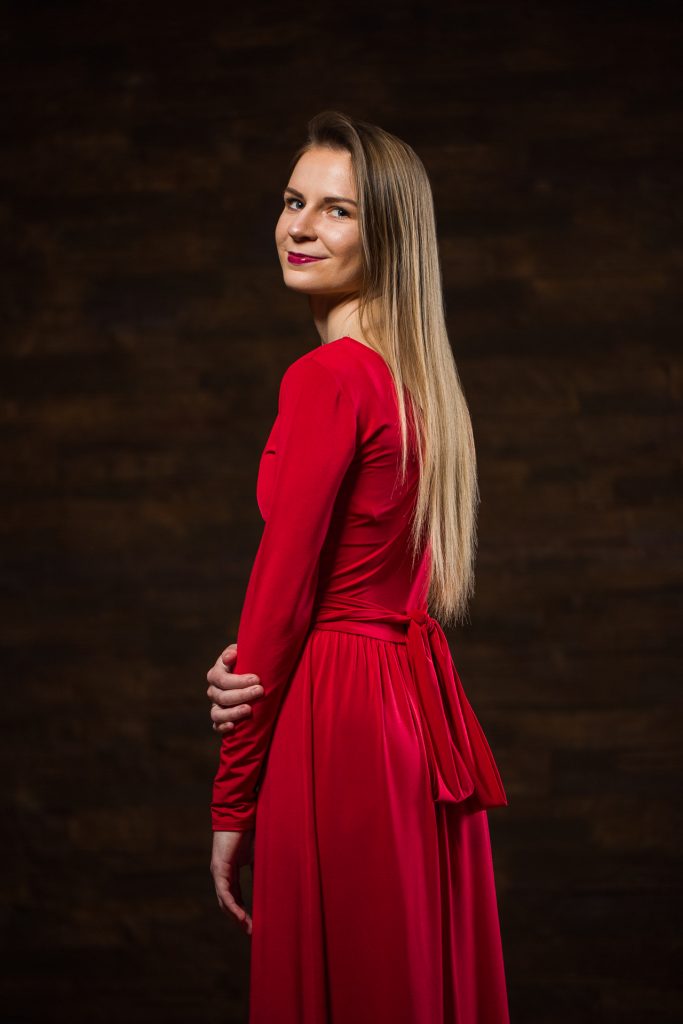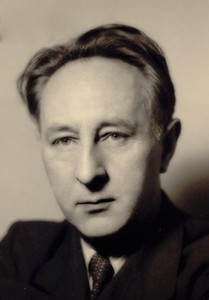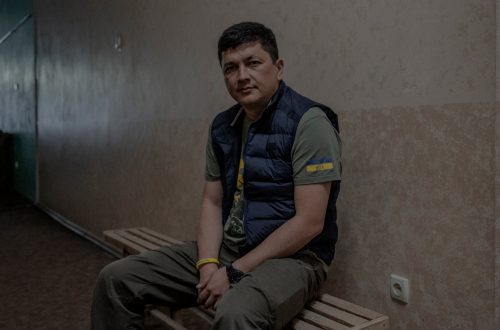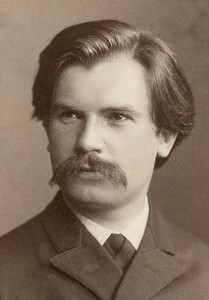
Marian Koval |
Marian Koval
Born on August 17, 1907 in the village of Pier Voznesenya, Olonets province. In 1921 he entered the Petrograd Musical College. Under the influence of M. A. Bikhter, from whom he studied harmony, Koval became interested in composition. In 1925 he moved to Moscow and entered the Moscow Conservatory (composition class of M. F. Gnesin).
By the beginning of the thirties, the composer created a large number of lyrical mass songs: “Shepherd Petya”, “Oh, you, blue evening”, “Over the seas, beyond the mountains”, “Song of Heroes”, “Youth”.
In 1936, Koval wrote the oratorio “Emelyan Pugachev” to the text of V. Kamensky. Based on it, the composer created his best work – an opera of the same name, awarded the Stalin Prize. The opera was revised again in 1953. The oratorio and opera are marked by the breadth of melodic breathing, the use of elements of Russian folklore, and include many choral scenes. In these works, Koval creatively developed the traditions of Russian opera classics, mainly by MP Mussorgsky. The melodic gift, the ability for intelligible musical expression, the use of oratorical techniques of vocal writing, as well as the techniques of folk polyphony are also typical of Koval’s choral works.
During the Great Patriotic War, the composer wrote the patriotic oratorios The Holy War (1941) and Valery Chkalov (1942). After the end of the war, he wrote the cantatas Stars of the Kremlin (1947) and Poem about Lenin (1949). In 1946, Koval completed the opera The Sevastopolians, about the defenders of the hero city, and in 1950, the opera Count Nulin based on Pushkin (libretto by S. Gorodetsky).
In 1939, Koval also acted as the author of a children’s opera, writing The Wolf and the Seven Kids. From 1925 he acted as the author of articles on music.





